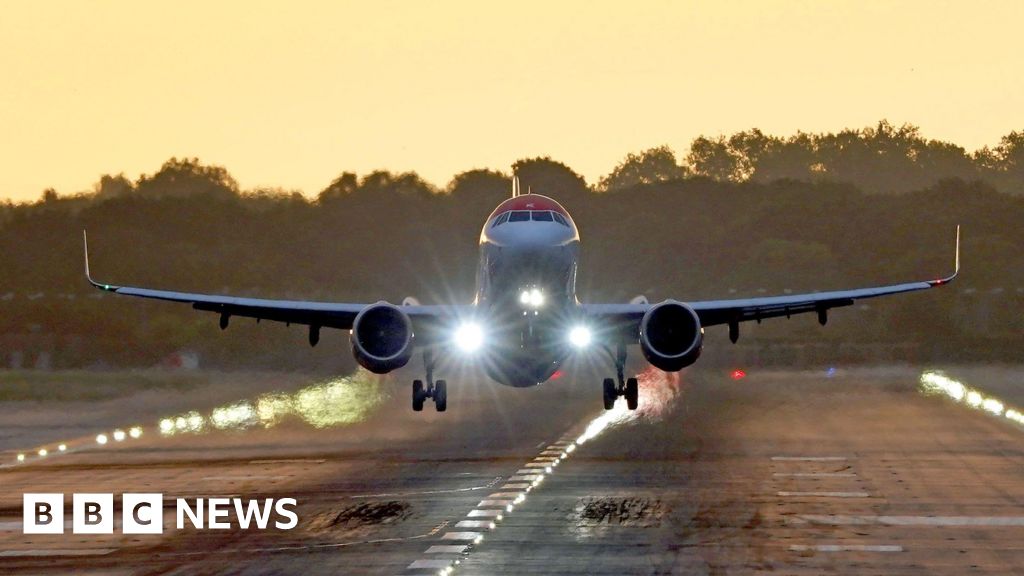By Theo Leggett
Copyright bbc

That means a great deal is being expected from “sustainable aviation fuels” or SAF over the coming decades.
These are fuels which can be produced from waste oils, from feedstocks such as wood, crops and agricultural waste, or synthesised from captured carbon dioxide and water.
Such fuels can result in much lower emissions than fossil fuels when burnt, because they do not release long-stored CO2 into the atmosphere.
However, in practice their environmental benefits can vary dramatically depending on what they are made from and how they are manufactured.
In addition, there is not currently a lot of SAF around – and what there is, can be very expensive.
The government is attempting to build a greater market for sustainable fuels in the hope this will stimulate production and bring down prices.
There is currently a SAF mandate, which stipulates that 2% of all jet fuel supplied in the UK this year must be considered sustainable, rising to 10% by 2030 and 22% by 2040.
In addition, a bill currently before Parliament would set up a “revenue certainty mechanism” for SAF producers – in effect guaranteeing them a minimum price for the fuel they provide.
In theory, this should encourage more investment in SAF production.
However, it would be funded through a levy on fuel suppliers, who would be likely to pass on the extra costs to their customers. That could ultimately mean higher ticket prices for passengers.
In the longer term, more radical solutions may become available, such as aircraft powered by hydrogen.
However, that will require a step-change in aircraft design, as well as big changes at airports. It will also require a supply of affordable “green” hydrogen, produced from renewable energy – and the infrastructure for that does not yet exist.
Electric or hybrid planes could have environmental benefits, but again the technology is in its early stages – and battery-powered planes are not currently thought to be a viable option for long-haul flights.



